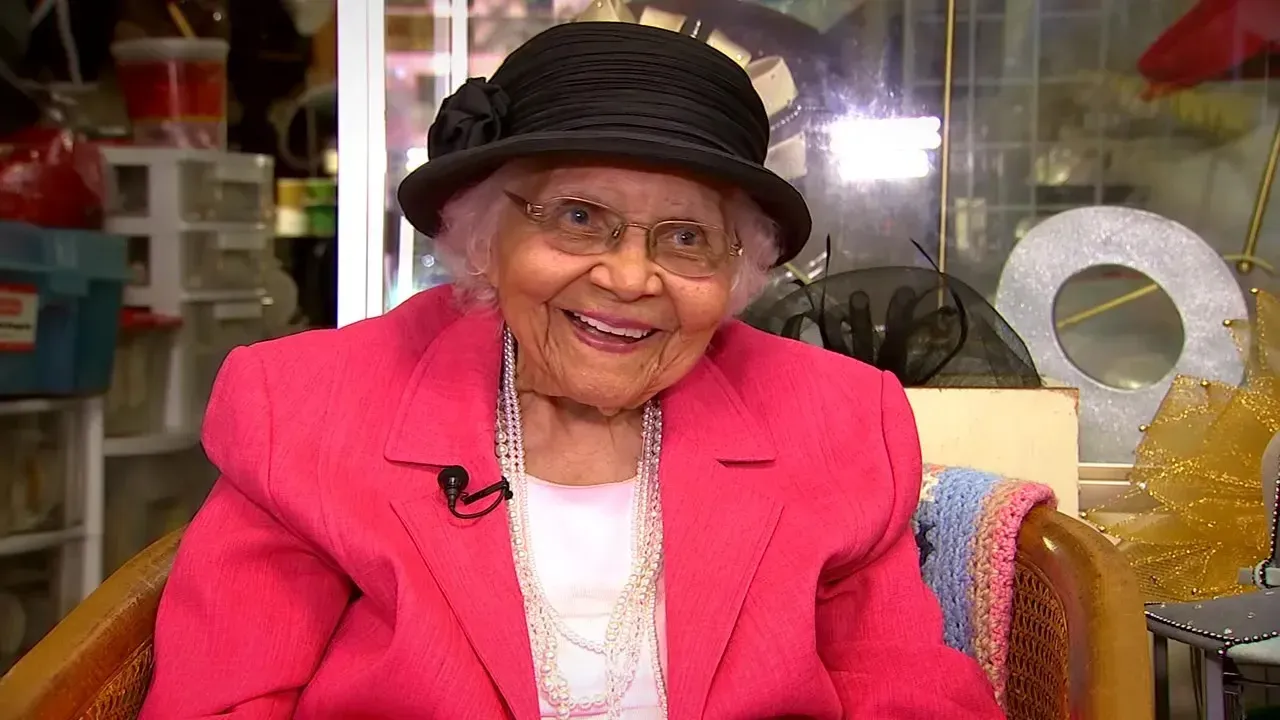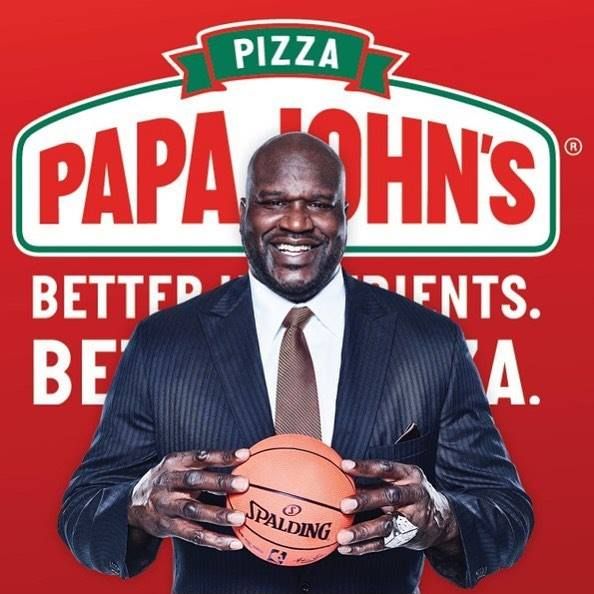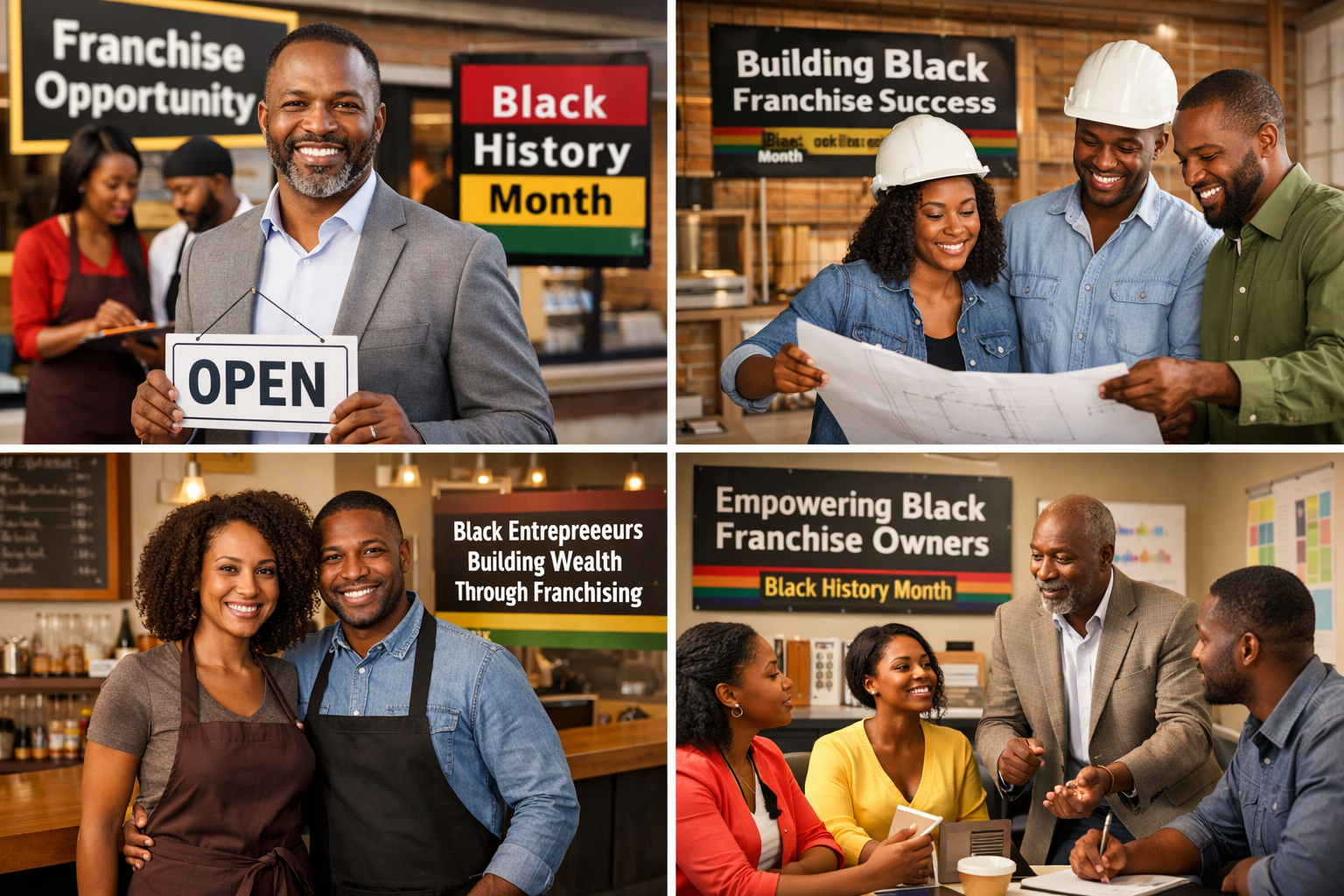From the Front Line to the Franchise: How First Responders Are Becoming the Next Wave of Franchise Owners
Every day, America’s first responders run toward what others run from. Firefighters, EMTs, paramedics, and law enforcement officers dedicate their lives to service, structure, and protecting their communities. When they hang up their uniforms — or even while still serving — many are discovering a new mission: business ownership through franchising.
Just like veterans, first responders are increasingly stepping into franchising not just as operators, but as leaders, job creators, and community anchors. Their stories are reshaping what franchise ownership looks like — and proving that the skills learned on the front lines transfer powerfully into the world of entrepreneurship.
Shared DNA: First Responders and Franchise Systems
At their core, successful franchise systems are built on structure, discipline, teamwork, and execution — the very same principles that guide first responders every day.
When firefighters coordinate at the scene of a blaze, when paramedics work seamlessly under pressure, or when officers follow precise protocols, they’re operating within systems designed to function when stakes are high.
That operational mindset maps almost perfectly to running a franchise:
- Following proven systems
- Leading and training teams
- Making quick decisions with incomplete information
- Staying calm and focused in high-stress situations
It’s no surprise that many brands have begun to actively recruit first responders as franchise owners.
A Natural Transition: From Service to Ownership
For many first responders, franchising represents something powerful: the chance to own a business without losing the sense of mission.
Many:
- Start part-time while still on the job, eventually transitioning full-time.
- Use the franchise model to build a second career after retirement.
- See franchise ownership as a way to give back to the same communities they’ve spent their lives protecting.
A retired firefighter who now owns multiple quick-service restaurant units once put it this way:
“I spent 25 years saving lives and protecting my city. Now, I’m building something here that creates jobs for the next generation. It’s still service — just a different kind.”
Why Franchising Fits So Well
First responders bring to the table a set of soft and hard skills that align almost perfectly with what franchising demands:
- Leadership under pressure
- Operational discipline
- Team-building culture
- Strong community ties
- Problem-solving mindset
Franchise brands increasingly see first responders as not just franchisees, but ideal culture carriers who can lead successful, stable operations.
Funding Paths and Incentives
Franchise ownership requires capital — and many first responders are finding pathways to ownership that make it possible:
- Many brands now offer first responder discounts on franchise fees, mirroring veteran incentive programs.
- Some local credit unions and lenders offer specialized financing for public servants.
- Grants and community programs often support firefighter and police entrepreneurship.
- Group or family ownership models let first responders partner with colleagues or spouses to scale.
The combination of financial support and their already-strong leadership profile creates an ideal foundation for success.
Building on Trust: Community Power
One of the greatest advantages first responders bring to franchising isn’t on paper — it’s in community trust.
People know their local firefighters, EMTs, and officers. They’re recognizable faces with reputations built on reliability and service. When those same individuals open a local business, that trust translates directly into customer loyalty.
This makes first responders especially strong operators in:
- Home services
- Fitness and wellness
- Food and beverage
- Senior care and healthcare franchises
- Children’s services and education
These are all sectors where community credibility matters — and first responders have that in abundance.
A Growing Movement
The number of first responders entering franchising has grown steadily over the past decade. Many are drawn to emerging brands that allow flexibility and local ownership, while others partner with established national names for long-term stability.
Some brands have even built dedicated recruitment pipelines for police, fire, and EMS personnel — recognizing the value of their leadership and trust in local communities.
Organizations like VetFran and local small business associations increasingly include first responders in their entrepreneurship outreach.
More Than a Business
For most first responders who become franchise owners, this isn’t just a financial decision — it’s a continuation of service.
They:
- Hire locally.
- Sponsor youth sports teams and community events.
- Create steady jobs in their towns.
- Often hire fellow first responders and veterans.
That sense of service and belonging doesn’t go away — it just shifts to a new mission.
A Second Act with Purpose
The stories are multiplying: firefighters who run gyms, police officers who build home service empires, paramedics who launch health and wellness franchises.
Franchising gives first responders the structure they know, the freedom they want, and the community connection they value most.
They’ve spent their lives protecting neighborhoods. Now, they’re helping build them.
The front line doesn’t end when the siren quiets. For many first responders, it simply shifts to a new kind of mission — one with a sign above the door, a team inside, and a legacy that lasts long after the call is over.
About the Author
Originally from Cocoa Beach, Florida, Joe Griffith II now calls Bradenton, FL home. With a career spanning multiple industries, Joe brings a unique blend of operational expertise and hands-on experience to his role as a Franchise Business Consultant with The Franchise Consulting Company. His professional background includes franchise ownership, business development, safety training, and a distinguished military service. Joe has opened and managed numerous franchise locations, gaining invaluable insights into the intricacies of franchise operations. Contact Joe at jgriffith@thefranchiseconsultingcompany.com.











